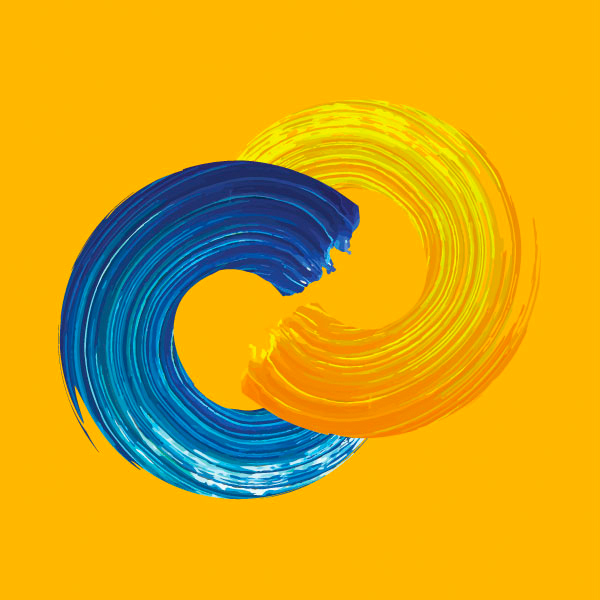
The classroom was full of the hustle and bustle of children shuffling quickly through a makeshift security line. “Take off your shoes and your belt and put all of your personal belongings in the bin to go through the scanner,” one fifth grade student said to a third grader in line. “Don’t forget to empty out all of your pockets,” he added as an afterthought.
This past week, the students at the Phoenix School took off to the Everglades, and while the 6-8th graders took the actual physical trip to Florida, the Kindergarten through 5th graders created an imaginary journey where they would re-create every aspect of what it would be like to take such a trip.
[foogallery id=”53999″]While the older kids were off exploring the mangroves of Southeastern Florida, the fifth graders at the Phoenix School were the ones left in charge. It was up to them to design a trip that would get their fellow classmates (and flight passengers) to their final destination safely and securely. In doing so they were able to make use of the social, emotional, and leadership skills they’ve gained over the course of the year and incorporate it into a week of imaginary travel.

While they were handling all the main details like flight paths and deciding which was the best route to take through the mangroves, the younger kids engaged with their environment by experiencing the imagined journey, taking notes on their findings, and doing research projects to prepare for the trip.
Throughout this process, they also engaged with fundamental learning techniques like writing, working with numbers, and logic, but in a way that allowed them to use their own personal learning style in real-life scenarios.
Once all the students passed through security and took their seats aboard the plane of the imagination, the fifth-grade captains made announcements over a pretend loudspeaker. The screen in front of them played a Google Earth Flight Simulator depicting the view of the runway.

“Welcome aboard flight 406 to Fort Lauderdale,” the first captain said.
“Please buckle your seatbelts for takeoff and make sure that all of your personal belongings are in an overhead bin or tucked under the seat in front of you,” the second captain said.
The plane started to take off in a wobbly fashion, causing the passengers to giggle uncontrollably.
“Please don’t worry, we are professionals at this,” the third captain explained with a laugh as the simulated plane rose higher into the air. “Let’s do a barrel roll!” Someone yelled from the back.
During the week, in addition to the imaginary travel, the students also pursued their own research projects about the flora and fauna of the area, including a creative writing piece where the students told a story from the perspective of an animal in the Everglades. The teachers also incorporated the thematic subject into their foundational studies, asking important mathematical questions like “How many Anhingas can an alligator eat in a day?” and “If an Alligator eats 3 Anhingas a day, how many Anhingas would they eat in a week?”
Although these questions may not be great for the development of the Anhingas, they are incredible for the development of the students, and of the course of the week of imaginary travel, they will have had an experience and stories to swap with the 6-8th graders returning from the real alligator alley with tales of their own.
Stay tuned for next post when we share stories and photos of the older kids’ adventure to the Everglades.
About The Phoenix School:
Phoenix revolutionized education almost forty years ago when the prevalent teaching methodology was turned on its head, and students were given an active voice and role in the classroom and their education. Today, we continue to pioneer with our innovative, experience-driven learning community. Phoenix provides students with the tools, ideas and encounters to help them be the best versions of themselves. With teachers as their partners in the PK-8 education equation, students learn to emphasize process over product, executing project-based learning through a robust curriculum. Phoenix helps students think critically, explore deeply, work collaboratively, contribute globally, learn from failure and celebrate success. Our core values are creativity, perseverance, citizenship, innovation and empathy.
Learn more at www.phoenixschool.com






